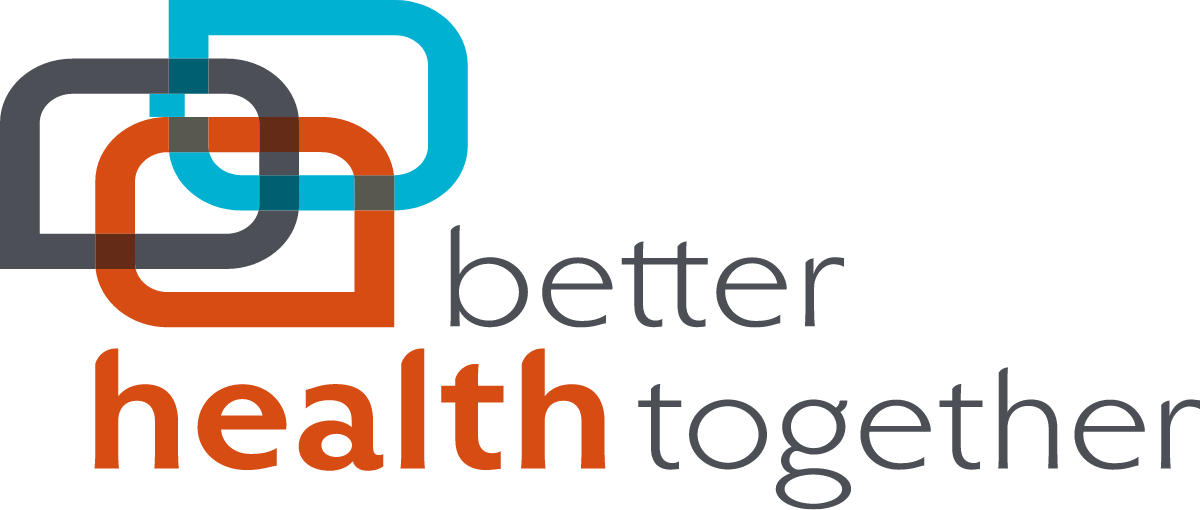[Download Child Tax Credit information in a PDF] [Download the Presentation Slides in a PDF]
The Child Tax Credit (CTC) is intended to cut the child poverty rate in half. Approximately 2,500-3,000 children whose families have usually not filed taxes may not receive the CTC, potentially losing $3.7m to $4.6m in funding for families in the Spokane region.
Help spread the word about CTC eligibility for families who usually do not file taxes!
Background & Eligibility
Starting July 15, families began receiving monthly payments for the CTC. Eligible families can receive up to $3,600/year ($300/month) per child under the age of 6 and $3,000/year ($250/month) per child ages 6-17.
Half of the CTC can be paid through advanced monthly payments from July – December 2021. To receive the second half, families must file a 2021 tax return in 2022 to get the remainder as a lump sum with their tax return.
Eligibility criteria:
-
Filer(s) receiving the child tax credit must claim that child (ages 0-17) when filing taxes
-
Adjusted Gross Income (AGI) under:
-
$75,000 for individual returns
-
$112,500 for those filing as head of household
-
$150,000 for joint returns
If AGI exceeds the above amounts, the total CTC is reduced by $50 for each $1,000 over the thresholds.
-
-
Filed taxes or completed a non-filer tool and plan to file a 2021 tax return (filed in 2022)
-
For more information, visit: irs.gov – Advance Child Tax Credit Eligibility Assistant
Non-filers – Those who earn less than $12,400 for an individual and $24,800 for a married couple filing jointly are not required to file taxes.
If a family did NOT file federal income taxes in 2019 or 2020, they need to complete an IRS non-filer tool to receive payment. Families who filed federal income taxes in 2019 or 2020 do not have to do anything to start receiving payments.
Resources
GetCTC.org is the simplified, mobile-friendly portal for families who do not have to file taxes ($12,400 for an individual or $24,800 for a married couple filing jointly).
GetYourRefund.org is an online portal for filing taxes for families who make more than $12,400 for an individual or $24,800 for a married couple. This form is more complicated, but there is an option to sign up for a free VITA tax prep volunteer.
Mom’s Rising CTC webpage has a comprehensive FAQ about the Child Tax Credit.
Do non-US citizens qualify for the CTC?
-
Yes. Parents just need to have an ITIN (Individual Taxpayer Identification Number).
They can renew or sign up for an ITIN on the IRS website. -
Children must have a Social Security Number to qualify for the CTC.
-
The CTC does NOT affect immigration status.
Sample language to add to your resource distribution lists:
Families with kids qualify for the Child Tax Credit.
If you file federal income taxes and claim children ages 0-17, you will automatically receive the Child Tax Credit.
If you do not file federal income taxes, you may be eligible to start receiving $300 a month per child under 6 or $250 per child between 6-17 years old.
If your annual income is less than $12,400 for an individual or $24,800 for a married couple, fill out a non-filer form at GetCTC.org to be eligible to receive the Child Tax Credit. If your income is higher, you likely qualify for more and should file taxes at GetYourRefund.org.




